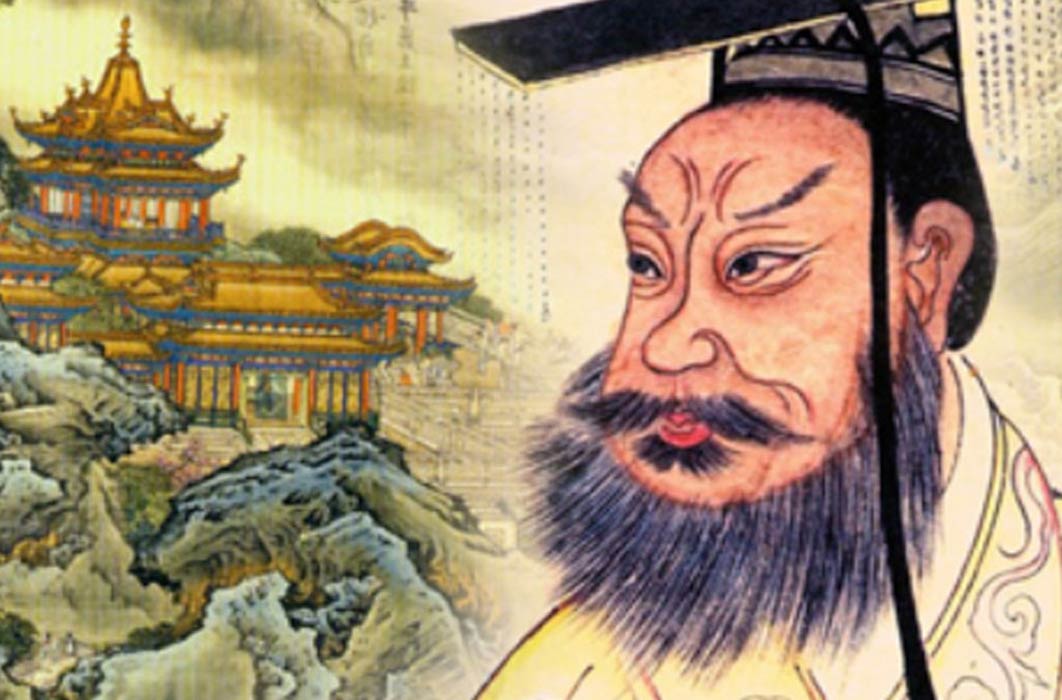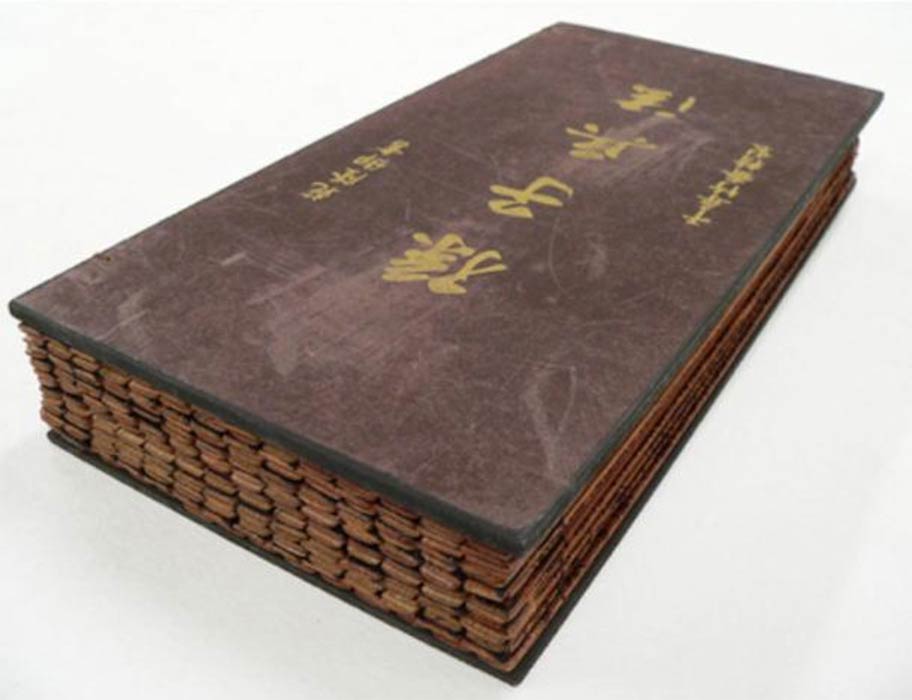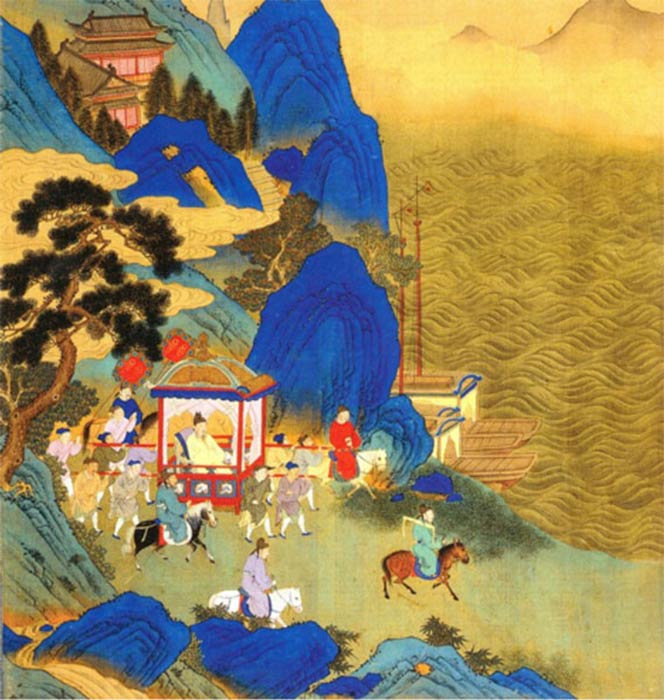
Management Practices Of The School Of Sun Tzu
Sun Tzu's Art of War was, one is told, written by an ancient Chinese soldier - except there is no evidence that there ever was a General Sun Tzu. In general, the commentary on Art of War just guesses when, where and who he served, and when he sat down and crafted this remarkable book. And the book? Well it is not at all about war. There are no military instructions, no weapons, no wounded, and no loss of life. Conflict is condemned again and again as the worst possible option for achieving objectives. One is instructed how to achieve results without conflict. Conflict signifies failure.

A Chinese bamboo book, copy of The Art of War. ( CC BY 2.0 )
The Art of War title is a mistranslation of the title Bing-fa that, 2,300 years ago, meant ‘The Art of Diplomacy’. The Tao Te Ching, a work created at the same time provides the vision and values upon which the Bing-fa principles and methods are built. These volumes are two of the greatest ever works on strategic management and planning. With this understanding, one is able to examine the possible application of the works, and what was achieved. Those results are evident in 221 BC, when Qin Shi Huang, first emperor of China, ended the 200-year-long Warring States period in less than ten years. These states were brought together through craft and persuasion, into a remarkable nation whose structure remains intact to this day. China’s first emperor discovered how one successfully manages organizations, and relations between organizations without loss, and without conflict. Bing-fa conveys remarkable possibilities for contemporary inter-personal, inter-organizational and international relations.

Qin Shi Huang's imperial tour across his empire. Depiction in an 18th century album. ( Public Domain )
The Hidden Truth
Based on an excerpt of the book The School of Sun Tzu - which explains in plain language, the common sense, non-military principles captured in Sun Tzu's Art of War / Bing-fa - one can achieve the basic instructions for winning without conflict. It is not about winning and losing. It is only about winning.
A note on the military vocabulary used in Art of War. These terms were used because at the time Bing-fa's purpose and processes were new and employing familiar military terms made it easy for the people to understand the new paradigm. The present rendition uses generic, contemporary language to show that the book's subject is not military-specific. Therefore prince / sovereign becomes "Chief"; generals becomes "Leaders"; armies become "Teams"; enemies become "Others or Other Party"; and spies become "Observers." Here, war is "engagement" or "intervention."
- The King Who Made War Illegal! Challenging the Official History of The Art of War and the First Emperor
- The King Who Made War Illegal! Challenging the Official History of The Art of War and the Terra Cotta Army
- The Secret Tomb of the First Chinese Emperor Remains an Unopened Treasure
The Importance Of Management
The Bing-fa concepts and its integrated principles and practices were and remain revolutionary. Only because commentary on the Art of War has seen war where there is none, has one been denied these ancient, proven wisdoms. Bing-fa challenges the inevitability of conflict and defines it as a failure indicator. Bing-fa has 40 references to the grave need for managing organizations, and engagements between organizations when required. The importance of these activities justifies the effort and expense involved. Importantly, the costs of not managing organizations and engagements are astronomically higher.
Bing-fa presents one with instructions and measures for operational economy, efficiency and effectiveness, as well as the structure and processes for essential engagements of all sorts. When Observers advise a convergence is possible, and avoidance is problematic, a formal engagement may need to be crafted. A strategy must be developed and a Team chartered. In this way, one can help break the deadly and endless repetition of failure that characterizes relations between organizations that have similar or competing interests. Personal and organizational objectives can be achieved without cost to Other Parties. This is all about wins without losses. This is strategic issue management. High-quality analysis and planning, deployment and resolution are mission critical.





